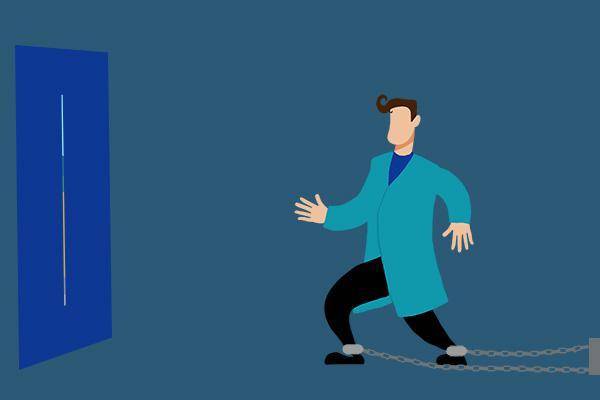With the development of the times, more and more diseases are emerging, among which depression has become a major issue today, with an increasing number of people suffering from it. Depression is a type of psychological problem, and its harm to the body is invisible—it does not manifest as physical wounds, but rather as damage to one’s thoughts.
Individuals with depression can actually be easily distinguished from normal people by their abnormal behaviors, speech, and other aspects in their daily lives, which are quite noticeable. These manifestations gradually break down a person, so it’s important for everyone to be aware of this.
Many people are not aware that they are suffering from depression when they actually are. They only seek medical help when the condition becomes severe and they can no longer control themselves. By that time, the damage to their body is already severe, so it is crucial to seek treatment early to reduce harm.
What are some of the signs that a person is depressed?
Those who suffer from depression are generally individuals who live under high pressure, have inner insecurities, harbor self-doubt, and engage in excessive self-criticism. These individuals have fragile inner selves that cannot withstand criticism. Once criticized, they may exhibit irritable behavior, but at other times, they may become deeply depressed.
They often strive for perfection excessively because even the slightest issues can trigger emotional outbursts. They can become unpredictable, lashing out at others and becoming possessive of their belongings, avoiding physical contact. However, after a while, their emotions stabilize, as if nothing had happened moments ago.
Depressed individuals who are emotionally stable are like wounded angels, preferring to stay in solitude, avoiding human contact. They are generally uninterested in the outside world, lacking vitality, and showing little curiosity about things around them.
Their daily routine may be mundane—work or studies—going through the motions like a robot, appearing lifeless. When someone speaks to them, they may take a long time to respond, but to themselves, their replies seem immediate. This delayed reaction is due to their decreased responsiveness, though they are unaware of it.
People experiencing depression often encounter sleep disturbances. At the initial stage, it may be simple insomnia. As depression worsens, the duration of insomnia increases, sometimes lasting until the early hours of the morning, with occasional episodes of awakening in the middle of the night. Eventually, they may find themselves unable to fall asleep at all, lying awake all night.
Upon awakening the next day, they may go about their daily tasks as usual or remain in bed, foregoing food and water for an entire day, feeling no hunger. At this point, it’s not just a psychological issue anymore—some physical organs start to malfunction, leading to decreased appetite.
Another prominent symptom of depression is frequent feelings of fatigue. Despite not having a heavy workload, individuals may feel incompetent and incapable of accomplishing anything, experiencing a sense of helplessness and poor physical condition. If this persists, it will take a toll on the individual.
In severe cases of depression, thoughts of suicide may arise. Individuals may feel that there’s nothing worth cherishing in the world, wishing to escape but finding no way out, resorting to extreme measures to end their lives. When suicidal thoughts intensify, it indicates severe depression, requiring professional intervention—being isolated at home is not an option.
The number of individuals suffering from depression in modern times continues to rise, with many unaware of their condition. Self-assessment might be beneficial, and if symptoms are present, proactive steps should be taken to address them. For those around someone experiencing depression, it’s important to gently guide them back to normalcy, avoiding actions that may exacerbate their condition and helping them reduce harm.


